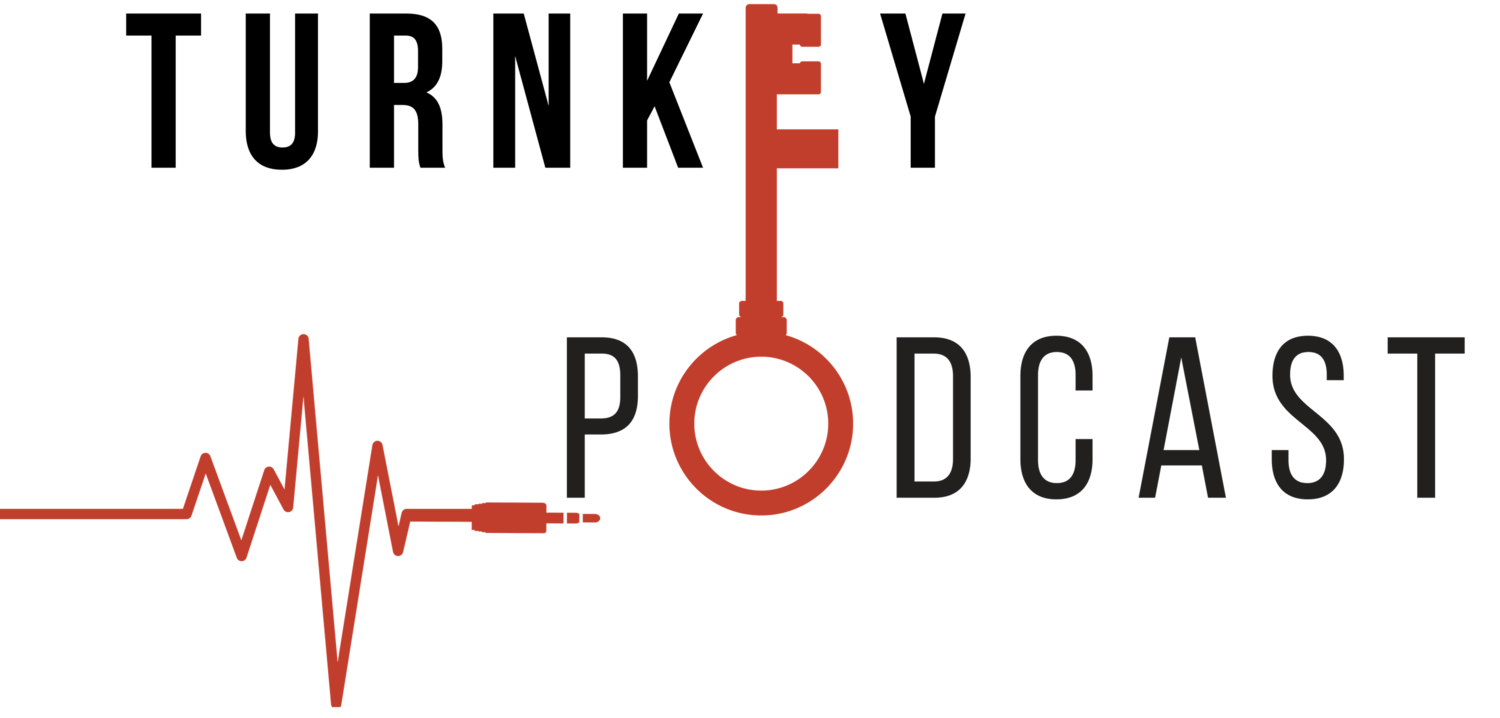Businesses need to give their workers access to the internet for a variety of reasons. Many of us wouldn’t be able to do our jobs without a constant internet connection. However, even in workplaces where not every employee needs a connection to the internet to do their job, many workers will still have access to the internet. This can be both a blessing and a curse for businesses.
On the one hand, access to the Internet can help employees to be more productive and have access to online resources whenever they need them. On the other hand, the Internet can provide a constant temptation and distraction that keeps workers from maintaining maximum productivity. If your workers have access to the internet, it is important that you take steps to ensure this access doesn’t undermine your business’s cybersecurity.
You need to be especially careful about the files that your workers are able to download while using a corporate network. Even seemingly harmless files can, in fact, contain malicious code and there are a growing number of malware threats that are designed to be disguised as legitimate software.
Unknown Sources
Phishing is a technique used by many cybercriminals. If you have heard of phishing before, it is probably in the context of emails. A phishing email is an email that looks genuine, but is actually a fake message crafted by an attacker. Similarly, a growing number of cybercriminals are using imitation software to trick unsuspecting downloaders. Your employee might think that they are downloading something harmless, but in fact, they could be downloading a virus. Without being able to vet the actual source of the file, there’s no way for you to tell whether they have downloaded something legitimate or something dangerous.
Stolen Passwords
Lots of the malicious software and viruses out there today at designed to hide on the victim’s computer, waiting for them to input sensitivity formation. As well as keyloggers, which record every single keystroke input into a computer, there are now much more advanced pieces of malware that can spot bank numbers passwords and other pieces of information to relate to an attacker. This is one of the biggest risks with software downloaded from unknown sources.
Leaks of Confidential Information
In addition to stealing passwords and bank account numbers, many cybercriminals are finding that corporate blackmail is a very fruitful path to take. If people within your business are freely and openly discussing sensitive matters using internal company communications, then an attacker with access to your systems could intercept these communications.
Dealing with Misconduct
If you want your workers to practice good cybersecurity, you will need to lead by example. This means that you must take any lapses or breaches of your business’s cybersecurity policies very seriously. If you believe there has been a breach but you don’t know the source, then you might want to consider employee misconduct forensics. If your workers know that you are willing to undertake investigations in order to get to the source of any breaches, they will soon start taking cybersecurity just as seriously as you do.
Allowing your workers to download podcasts and other files as they please can be very dangerous. When it comes to your own corporate network, you need to retain total control. That means that you need to know exactly what’s going in and out of your network. Make sure that you give all of your staff basic cybersecurity training in order to avoid the most common lapses of security.
